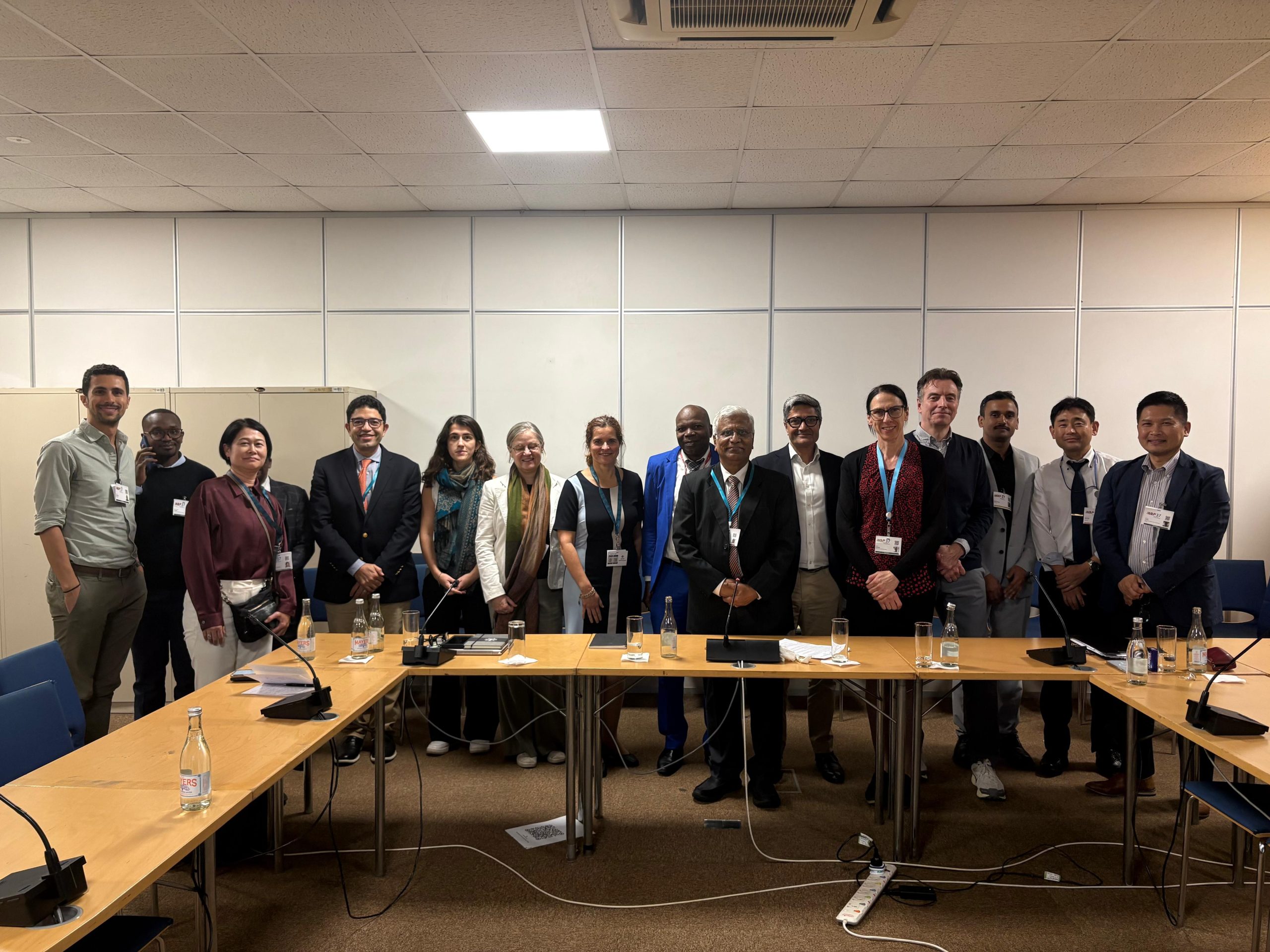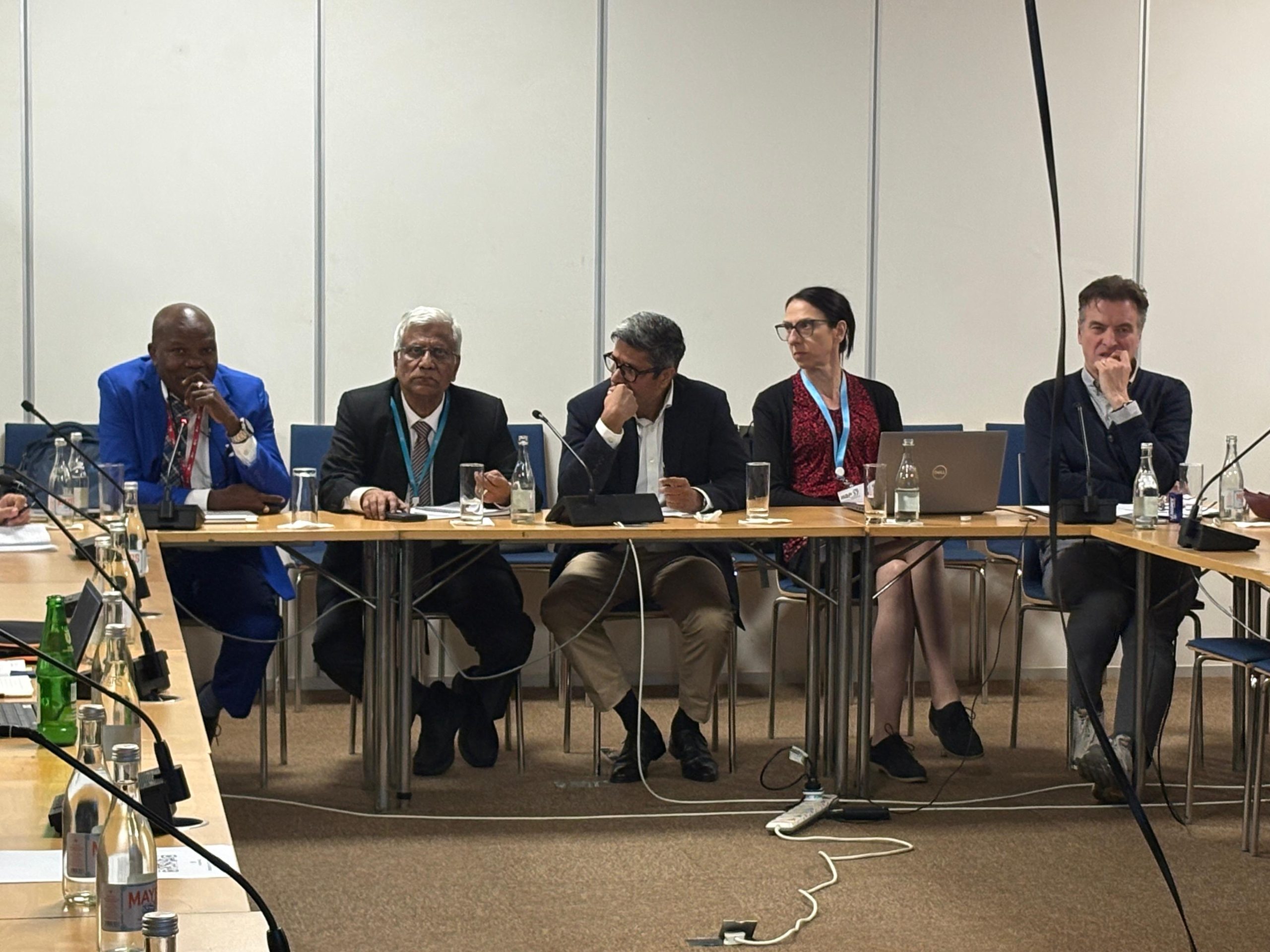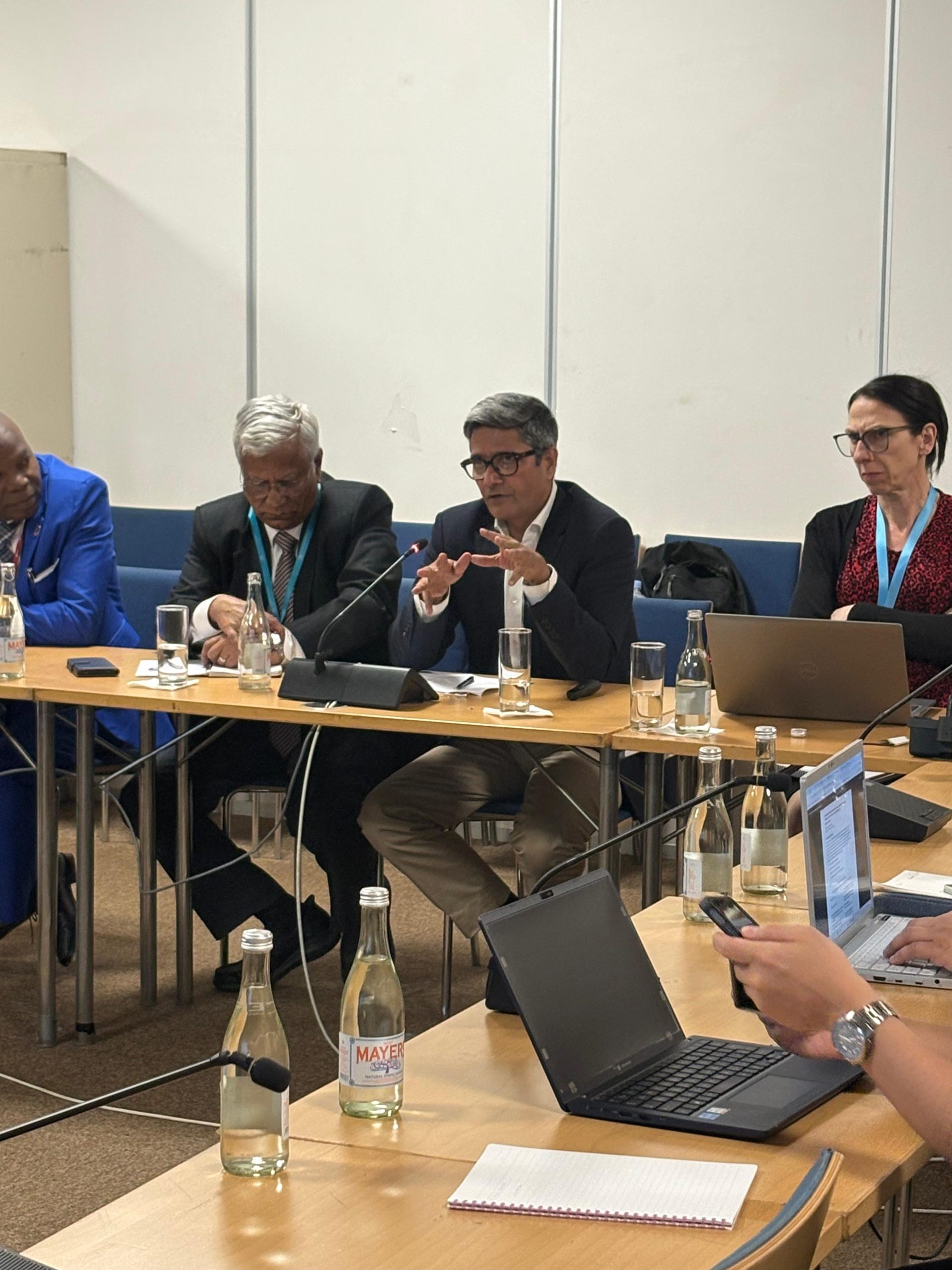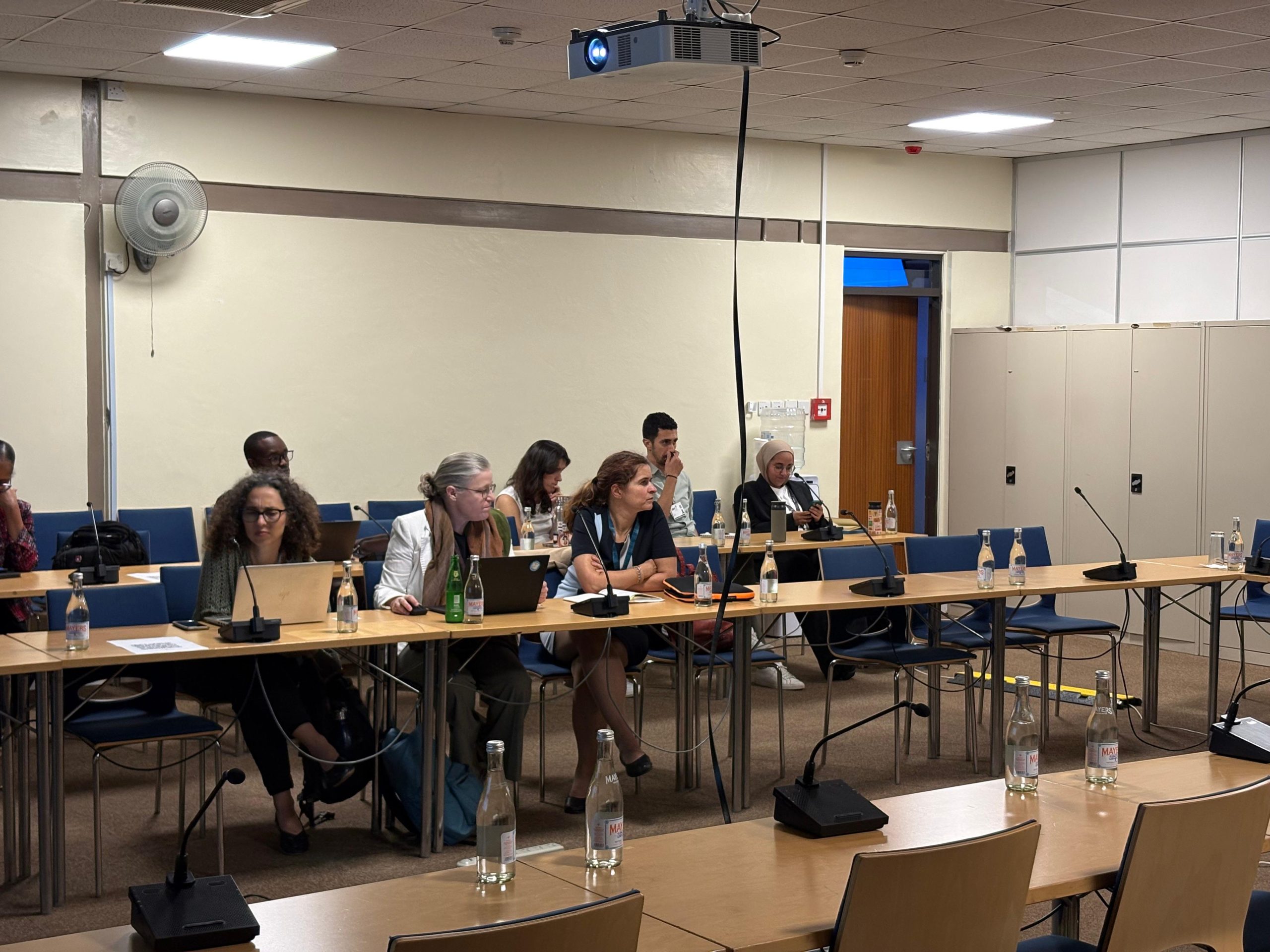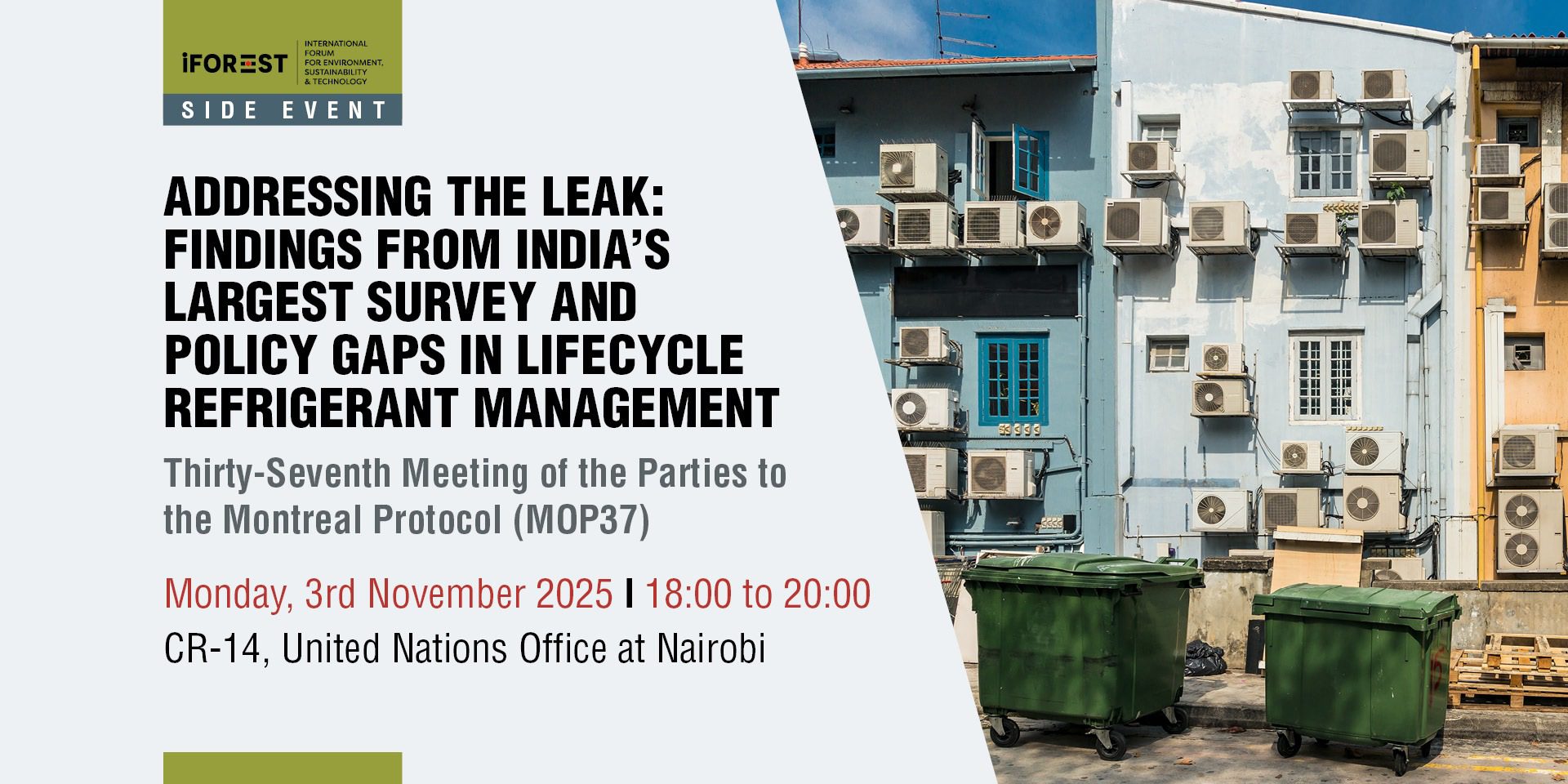
MOP37 Side Event: Addressing the Leak
India is witnessing rapid growth in cooling demand, which directly impacts refrigerant use and emissions. Refrigerant leakage remains a major concern, significantly contributing to greenhouse gas emissions. To better understand the scale and nature of this challenge, iFOREST conducted a comprehensive survey across the refrigerant supply chain in seven major Indian cities. The survey’s findings reveal critical gaps in current refrigerant lifecycle management (LRM) practices and underscore the urgent need for systemic interventions.
At MOP37, iFOREST hosted a side event titled “Addressing the Leak: Findings from India’s Largest Survey and Policy Gaps in Lifecycle Refrigerant Management (LRM)”, bringing together policymakers, industry leaders, and technical experts from around the world to deliberate on the findings and discuss pathways for sustainable refrigerant management.
The team presented the following key insights from this first-of-its-kind nationwide survey, covering:
- AC ownership patterns and trends
- Energy efficiency preferences and usage behaviour
- Servicing costs and refrigerant usage
- Technician practices and end-of-life disposal
- Consumer readiness for climate-friendly refrigerants
- GHG and climate impacts of refrigerants and ACs
Building on these insights, the following recommendations were shared and discussed to strengthen India’s refrigerant management ecosystem, including:
- Enacting a dedicated Refrigerant Management Law to regulate the full lifecycle of refrigerants — from production to destruction.
- Launching a national technician training and certification programme to promote safe refrigerant handling and standardised servicing practices.
- Enhancing consumer awareness on sustainable cooling and responsible end-of-life disposal.
- Mobilising result-based LRM funding through the Multilateral Fund (MLF), with clear performance indicators and end-to-end support for Article 5 countries.
The session featured an engaging discussion with distinguished speakers and attendees exploring regional contrasts in LRM implementation, the potential of alternative and not-in-kind technologies, leveraging the carbon market to finance LRM systems, and the importance of integrating cooling goals within Nationally Determined Contributions (NDCs).
By showcasing practical solutions and global experiences, the event advanced conversations on how India can transition towards sustainable and circular refrigerant management, while meeting its rapidly growing cooling needs.

